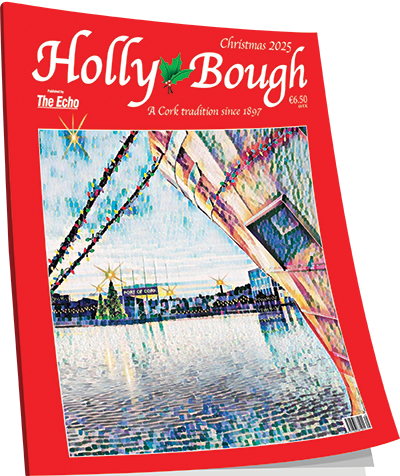‘It’s time for women to take the lead’: Female Cork politicians call for societal change

Leader of the Social Democrats and TD for Cork South West Holly Cairns said an “honest discussion about the challenges women face in entering politics” is needed.
A FORMER Cork TD has claimed that a major change is required in society for more women to be attracted into politics.
Margaret Murphy O’Mahony, who became the first female TD elected in the Cork South West constituency in 2016 and who served as a Fianna Fáil TD in the Dáil until 2020, said it is “extremely’ important to have female voices in politics”.
“Women and men are equal but bring different things to the table. To be a true reflection of society there needs to be 50/50 representation.
“To attract more women into politics, I believe there needs to be major change in society’s view of women being the main caregiver and homemaker,” she said.
Ms Murphy O’Mahony, who was also the first female Mayor of Bandon and who is currently a member of the Parliamentary Women’s Caucus, said she has noticed a slight improvement in the gender balance since she first became involved in politics.
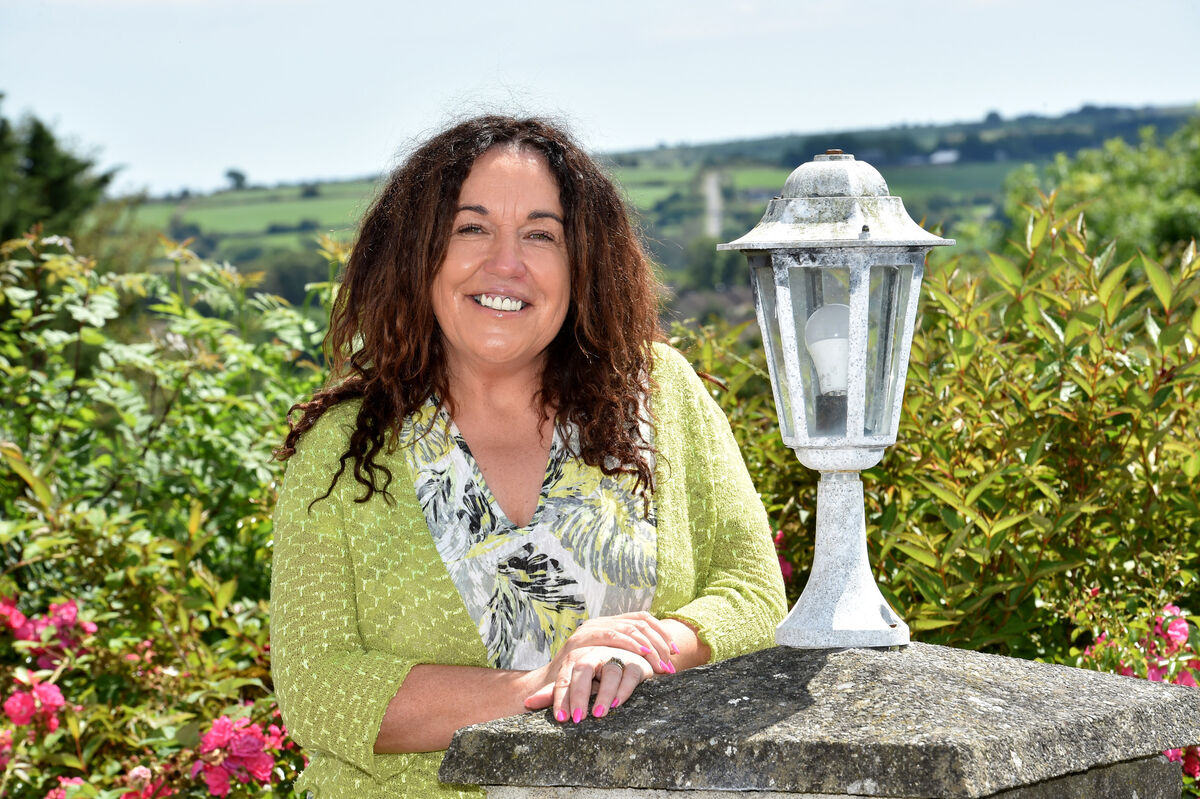
“I think women have become more confident in general as well as in politics. My dream of the 50/50 seems a long way off still but I am determined to do my bit. I would love if my legacy was connected to getting more women involved in all aspects of politics.
“I have a huge interest in and passion for getting more women involved in politics. I hope to see the day, in the not-too-distant future of 50% female representation in local and national politics, this would reflect society and thus in essence be fairer and more balanced,” she added.
“There needs to be a change to the attitude to equality in the home. I think we should get women who are involved in politics and female public representatives to meet with female Transition Year students and discuss how it can all be done.
'IF YOU SEE IT, YOU CAN BE IT'
“You can be a successful politician and have a good family and personal life. It is not a case of one and not the other. I love the saying, ‘if you see it, you can be it’, so let these young women see it.”
Leader of the Social Democrats and TD for Cork South West Holly Cairns said an “honest discussion about the challenges women face in entering politics” is needed.
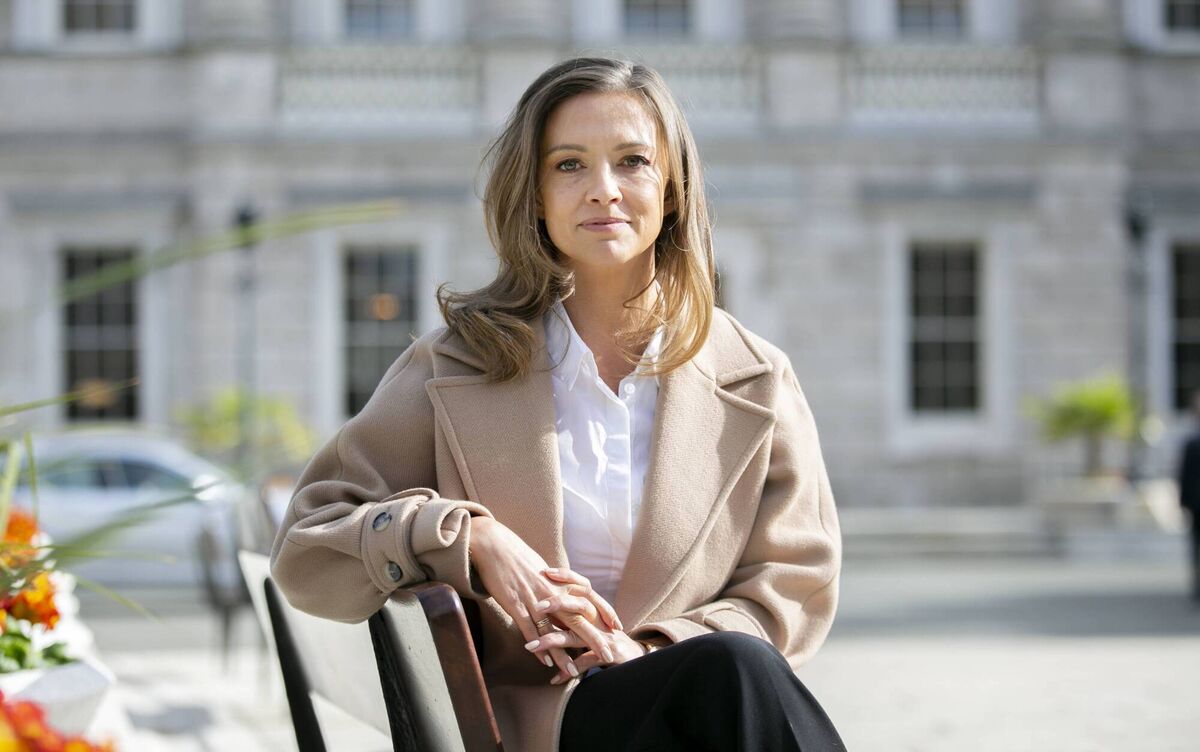
“When given the choice, I strongly believe the electorate want to see more women represented in local and national politics. For this to happen though, political parties need to step up and run women candidates and not just for the purpose of ticking the gender quota box,” she said.
Ms Cairns said the structural barriers that prevent women from entering politics need to be tackled. “In the last general election 55% of my party’s candidates were women. It is hardly a coincidence that two thirds of our TDs elected are women, along with 50% of our councillors.
“However, in addition to having more female faces on the ballot paper, we need to tackle the structural barriers that prevent women from pursuing political careers in the first place.
“This can include disproportionate childcare responsibilities often placed on women. While the introduction of maternity leave for councillors last year was a welcome first step, there is currently no such provision for TDs.
“This continues to be an impediment to female participation in politics and must be addressed by the government,” Ms Cairns added.
There are currently five women serving as councillors in Cork City Council. Cork City Council currently ranks 17th out of 31 local authorities for female representation.
Nationally, the situation isn’t much better. Despite women making up half the population, only one in four councillors in Irish local government are women.
CORK CITY WOMEN'S CAUCUS
Fianna Fáil councillor Mary Rose Desmond is the chair of Cork City Women’s Caucus.
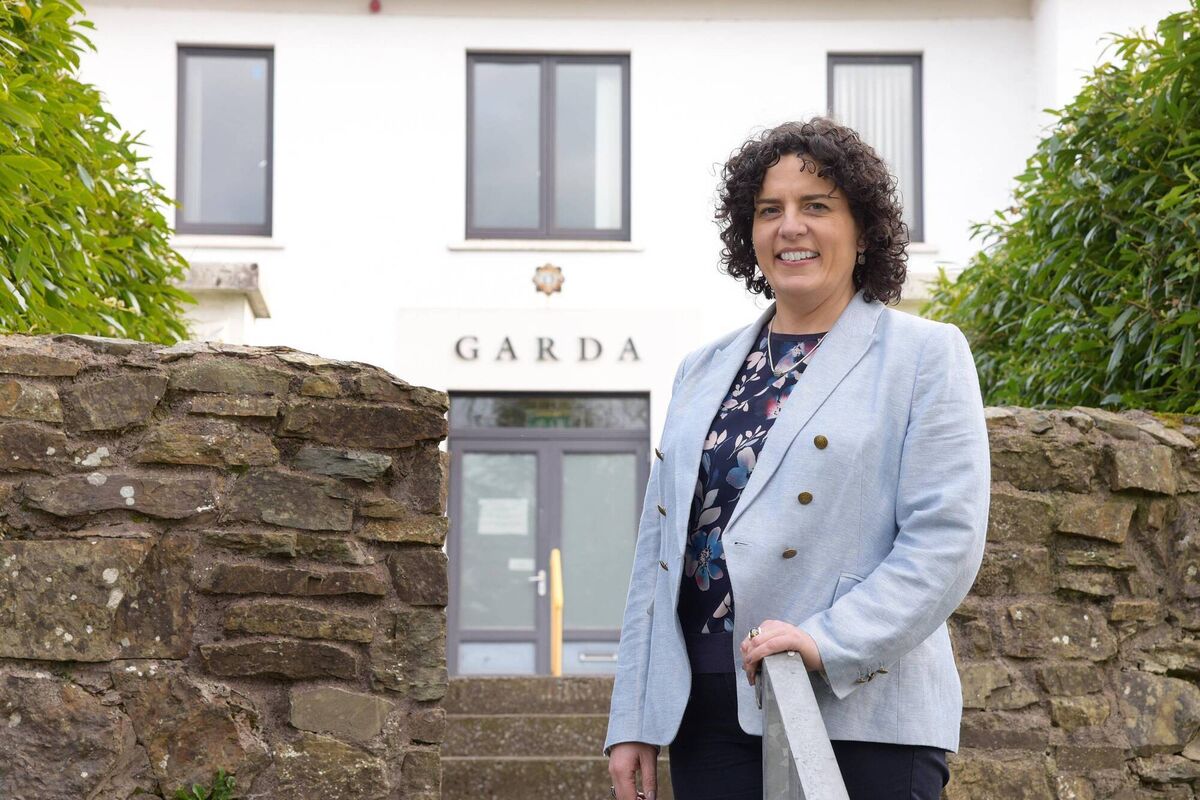
Since the group was established 18 months ago, they have been seeking to create a pathway to ensure more women are represented in the Irish political system.
Ms Desmond is pleased with their progress to date. “It is going very well. It has been very active and very successful. We have managed to access a good bit of government funding. You have to put forward what you plan to do with it and because we have been delivering it has happened. We have initiated the period poverty pilot scheme throughout the city which is great,” she said.
“We are always trying to push things forward,” said Cllr Desmond. “We have held two successful conferences, one online and one in person. Both conferences were quality events and attracted strong turnouts. We are lucky that we have strong endorsement and support in a practical way from Cork City Council. It is difficult as a councillor, male or female to take on other things.
“As a group we have done a lot of panel discussions outside the chamber with different youth projects and school projects. We also have a working relationship with Women for Election, and we have rolled out a CountHerIn programme. This was a series of practical workshops. They were hands on and open to everybody. It is all about encouraging people and women to run,” she added.
Ms Desmond accepts that from a female perspective a lot of work remains to be done to encourage more women to enter politics.
“In Cork City Council, only six women were elected in the last election, and we are now down to five. (People Before Profit/Solidarity Councillor Fiona Ryan stepped down as councillor this year). The county certainly has a better percentage than we do in the city.
“From a female perspective we have a massive amount of work to do yet until we see more women elected. Until we see more women in the chamber, we won’t see a change.”
The Cork City councillor acknowledged politics is a tough environment but to effect change you must be in it.
“It is only by having more women elected that you would see changes happening in a real way. The barriers which include financial barriers are there with regards to how to get involved in the first instance.
“One of the old adages is still relevant. ‘If you see it, you can be it’. There is progress, but not quick enough. We must walk a fine line when we talk about politics, both male and female.
“Branding at the moment is very poor and perception can be very poor. We need to be encouraging people to get involved because that is how you effect change. To effect change you must be in it,” she added.
COUNTY WOMEN'S CAUCUS
Fine Gael councillor Eileen Lynch who is the chair of the Cork County Women’s Caucus said their caucus was started in the aftermath of the murder of Offaly schoolteacher Ashling Murphy in January 2022.
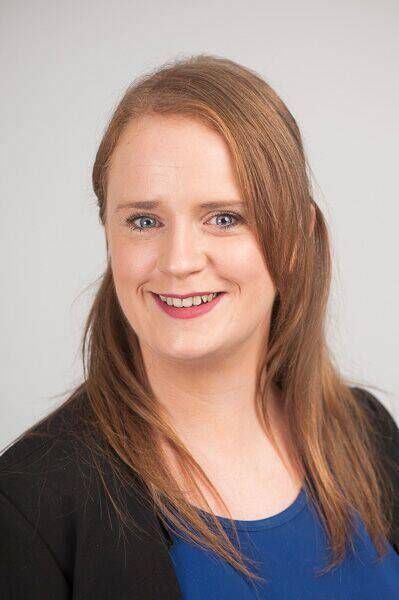
“I had a motion about gender-based violence at full council. We decided that it was something that should be referred to the women’s caucus. After that we elected a committee, and I was elected as chair. We got full approval at full council,” she said.
“We are currently ratifying our terms of reference,” said Ms Lynch. “We have had good engagement so far. We are hopeful that we would have an event potentially in October and at the start of next year. With the caucus we are looking at putting motions together on issues that are affecting women. We are probably ahead of other Women’s Caucus’ in that regard.
“We will be working closely with the Cork City Women’s Caucus. We have already held a meeting with them where we discussed women in politics. It was ideal to get the opportunity to learn from them as they are an advanced stage.
“One of the main things I would like to see from our caucus is that we would have outside engagement with women who are in political parties or want to get involved in politics. I want to interact with them and show them that you can do it,” she said.
There are currently 17 female councillors in Cork County Council out of 55 total councillors. Ms Lynch accepts this is progress but says there is always room for more.
“We are not doing too bad in Cork County Council. There is always room for more. When you look at the introduction of the 40% quotas, we are not at that rate. For young women or indeed older women who are looking at going into politics it is very important that they can see a strong female presence and realise I can do that.”
In June 2022, Cabinet approved a scheme which granted maternity leave to elected members of local authorities across the country.
The scheme offers the choice to appoint an individual as a temporary substitute in the place of a councillor who takes a period of maternity-related absence or is absent due to illness. The substitute would have the ability to vote on behalf of the councillor, represent them at all meetings and in all other aspects of the role for the maternity leave period.
BARRIERS
Ms Lynch said there are still a lot of barriers to women entering politics.
“It is tough to attract female candidates into political parties. There are a lot of barriers to women in politics. Childcare is a massive barrier, and we have to adapt to that. There are other barriers. Politics is getting tougher. You are a lot more accessible and public representatives receive abuse. It is not just women. Piles of male councillors, TDs and senators also get abuse.
"Generally, the abuse thrown at men is a lot less personal, while the abuse thrown at women may not be personal, it is often gendered. I have experienced that myself.
“That kind of abuse that goes with the position we are kind of normalising to a certain extent. It is obviously a massive deterrent to people getting involved in politics. There are other issues, but the abuse is a real tangible one. It is very off-putting. You can be doing a lot of good work as a public representative and still facing it. It is a massive problem, but I think it is a societal problem we need to address. The level of abuse that is there now some politicians are going to accept it and that is not the way it should be,” she added.
Ms Lynch said that if women want to become active in politics but don’t want to run for a seat, they can opt to work behind the scenes helping to craft policies or helping with canvassing.
“I would encourage anyone with any interest in politics to touch base with Women for Election and get more information. You can be a woman in politics without being an elected woman in politics. There are many people who want to go into canvassing, strategy, or campaigns.
"It is very important to get more women involved in the political system generally, whether that is contributing to policy or getting involved in an election campaign. The main thing for women is to see that there are other women involved and that you can do it.”










 App?
App?



